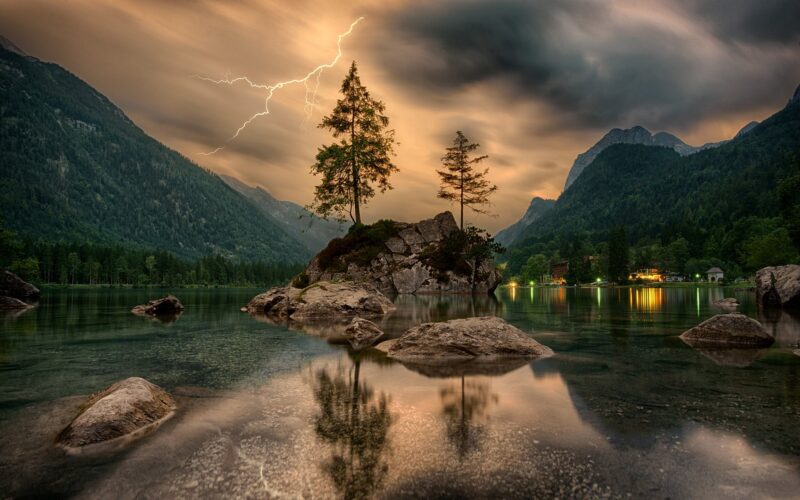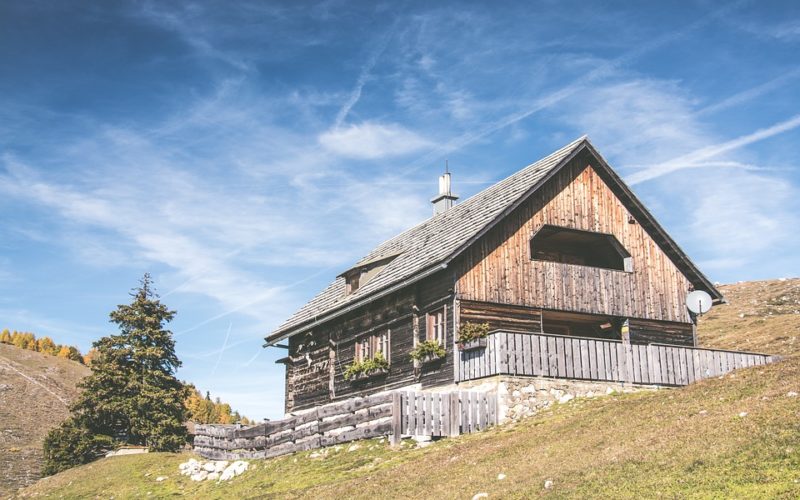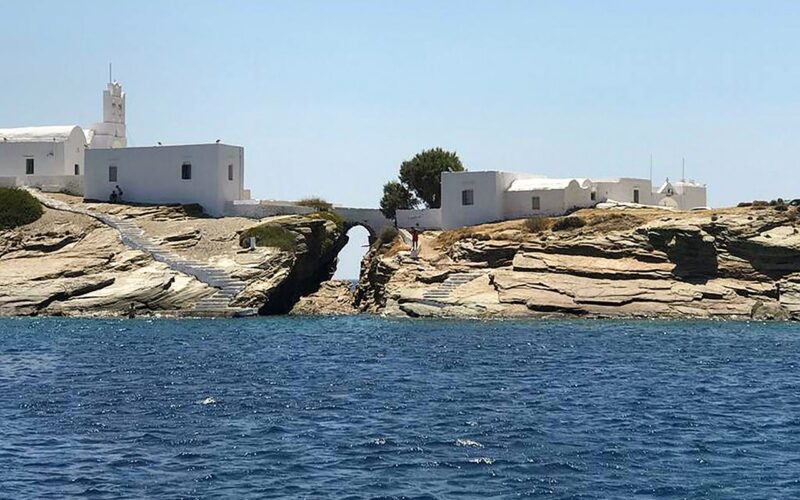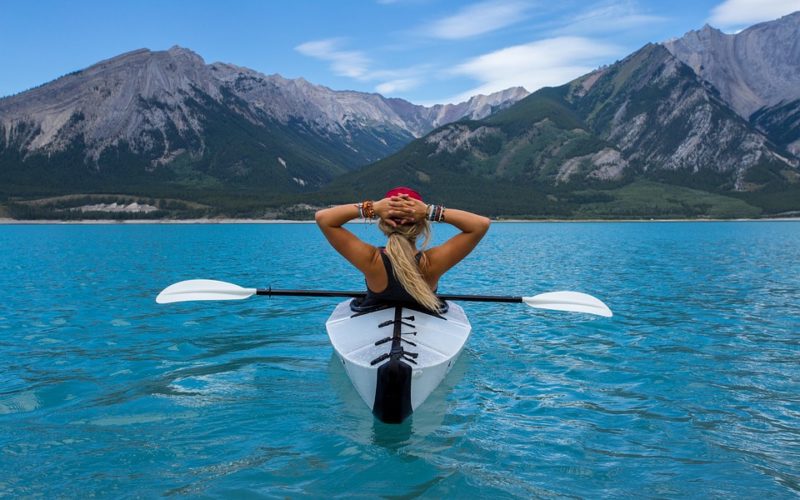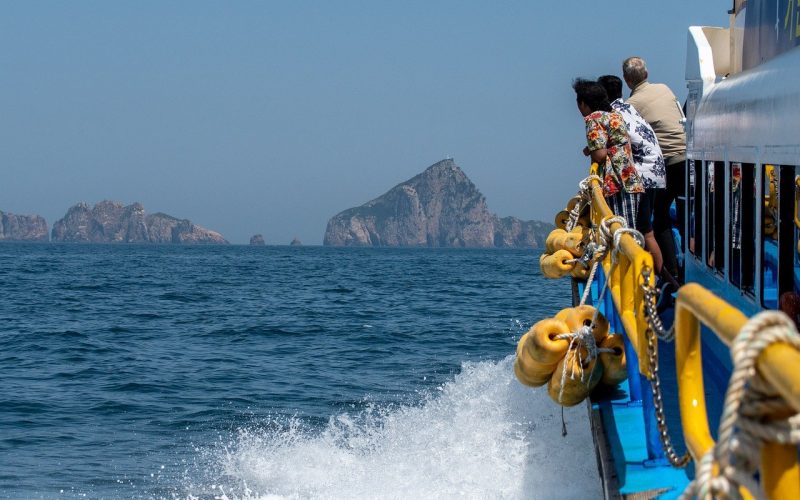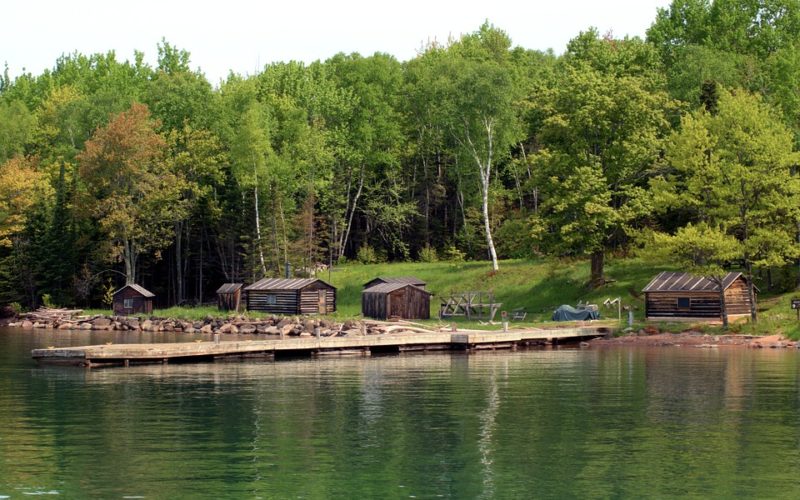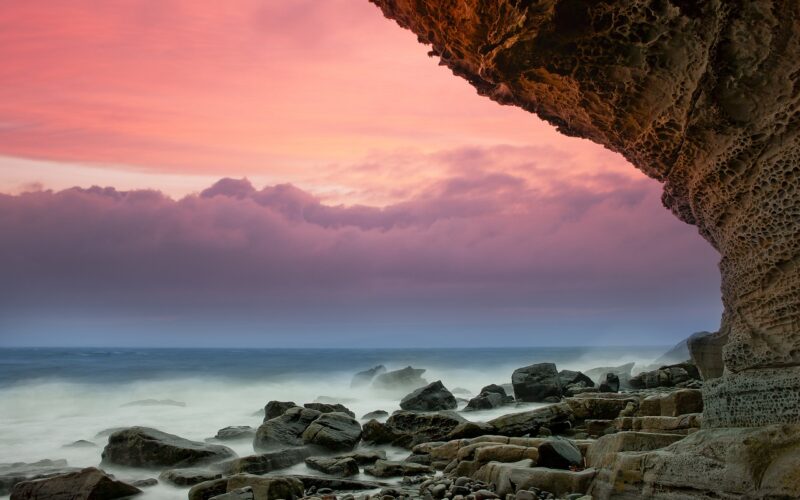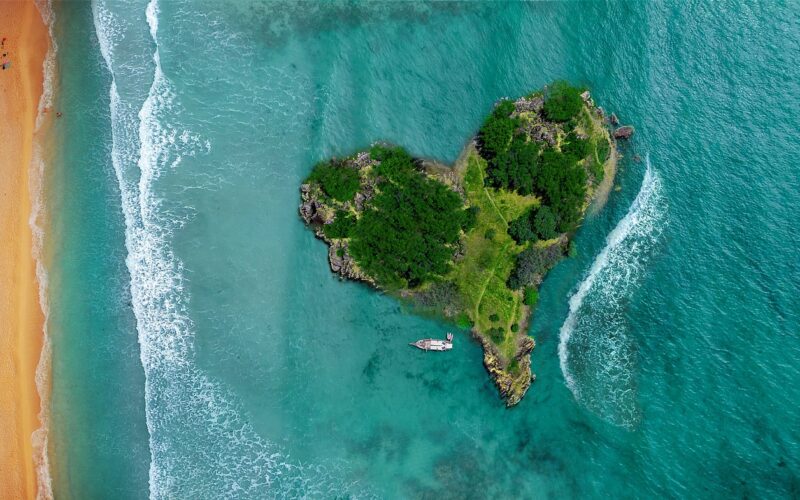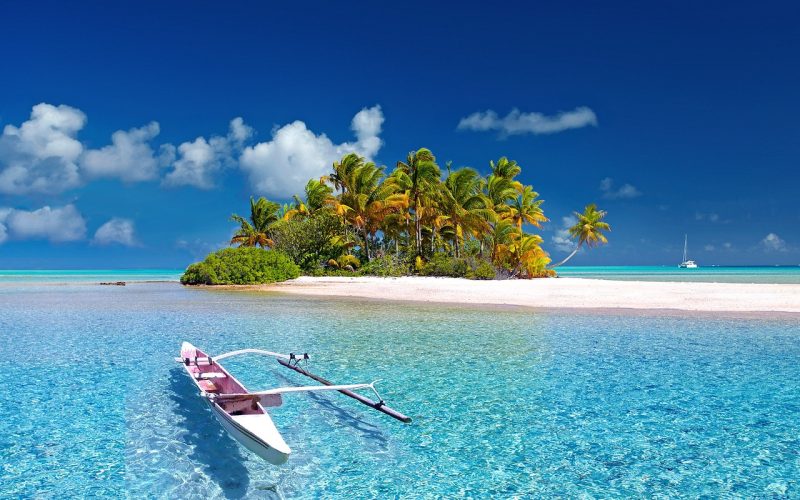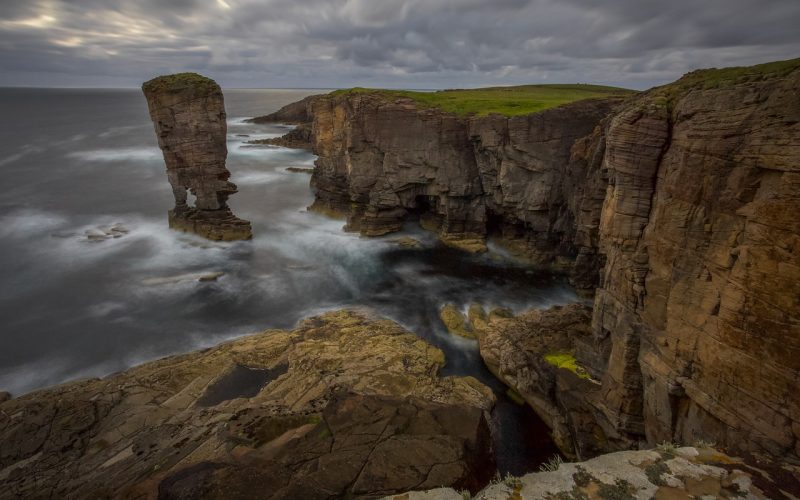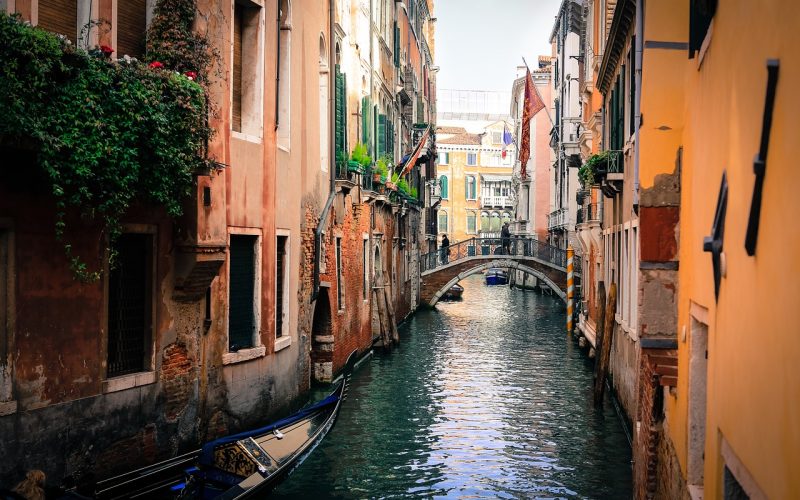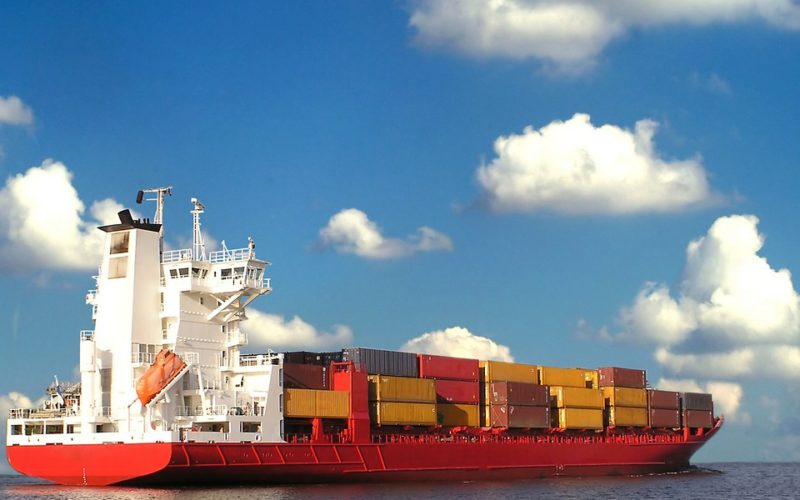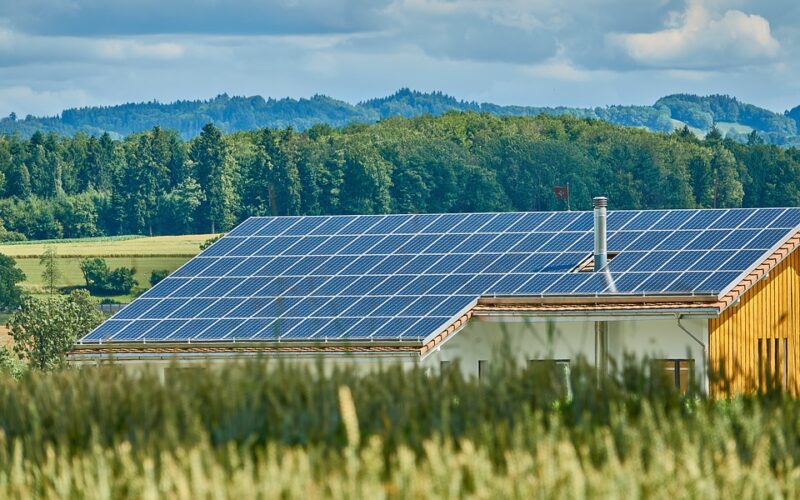Isolation And Paradise
Living on a remote island fascinates many with its connotations of paradise, adventure, and tranquillity. The idea might evoke images of pristine beaches, lush greenery, and a pace of life that's a world away from the hustle of crowded cities. However, while there is undeniable charm in island living, it comes with its unique challenges and lifestyle adjustments.
The allure of isolation
For many, the appeal of residing on a remote island lies in its isolation. It's a way to disconnect from the constant pressure and noise of urban living. Here, you build your days around the rhythms of nature rather than the demands of technology and schedules. You wake up to the sound of lapping waves instead of alarm clocks and replace screen time with sky, sand, and sea. This disconnection can lead to a deeper connection with oneself and a simpler, more mindful way of experiencing life.
The community spirit
Life on a remote island often fosters a tight-knit community. When you're part of a small population, every person has a role, and neighbours become vital to each other's lives. There's a shared sense of responsibility and an intrinsic need to support and look out for one another. This close community environment can be incredibly rewarding but may also require an adjustment for those used to their anonymity in large cities.
Adjusting to the pace of island time
One of the biggest adjustments for new island dwellers is adapting to 'island time' where life moves slower and timeliness takes a backseat. There's an innate understanding that things will get done eventually. This pace can be refreshing, offering a break from the urgency that pervades much of modern living, but it can also test the patience of those used to more immediate gratification.
The challenge of accessibility
Living on a remote island means that conveniences we often take for granted, such as supermarkets, healthcare, and entertainment, are not readily accessible. Residents might need to plan meticulously, travel considerable distances for basics, or wait longer for goods and services. In emergency situations, the remoteness can become especially stark. Creativity, self-sufficiency, and planning become crucial life skills in managing these logistical challenges.
Economic considerations
The economy of a remote island can be vastly different from that on the mainland. Employment opportunities are typically more limited and often concentrated in certain sectors like tourism, fishing, or agriculture. For some, this limitation is an opportunity to become entrepreneurial, finding ways to make a living that blend with the island lifestyle. For others, it may involve remote work or commuting to the mainland. Regardless, financial planning is essential when you're a leap away from economic hubs.
The richness of simplicity
Despite the challenges, many island residents speak of the deep satisfaction that comes from a simpler life, where material concerns are pared down to the essentials. There is joy in growing your own food, fishing for dinner, and being resourceful with the resources at hand. The island offers a chance to redefine what's truly important and to craft a life that feels rich and full, not because of what you own, but because of the experiences you have and the community you're part of.
While the challenges of living on a remote island might deter some, for others, the allure of a simpler life, close community ties, and the daily beauty of unspoilt nature are rewards that outweigh any inconvenience. Island living isn't just a place or a lifestyle — it’s also a state of mind, a blueprint for those seeking to redefine their relationship with time, community, and the environment.
